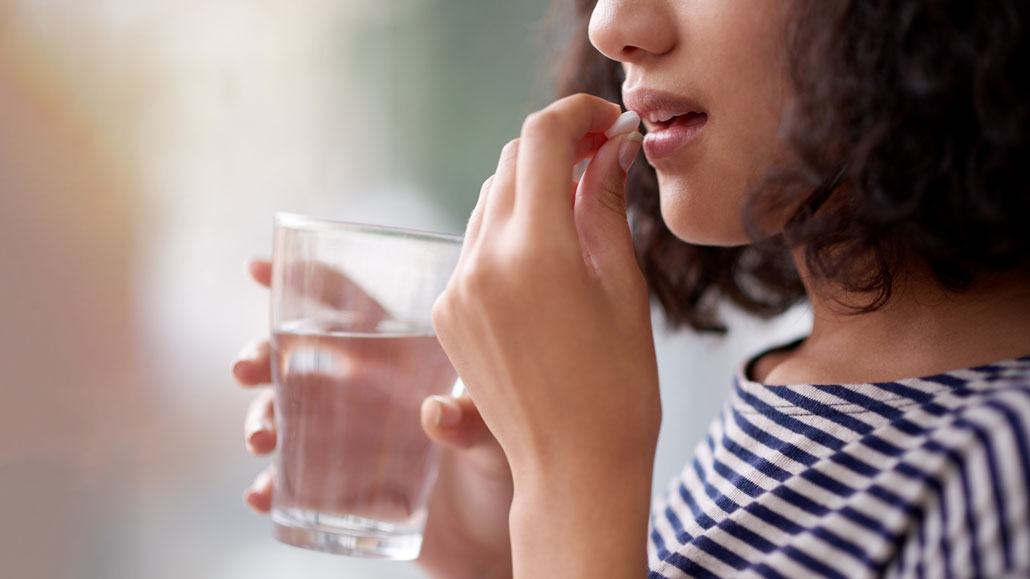Questions for “Discovering the power of placebos”

You know taking medicine can help you feel better. But what if you take a pill that has no medicine in it? Sometimes that can make you feel better, too, thanks to something called the placebo effect.
Tassii/E+/Getty Images Plus